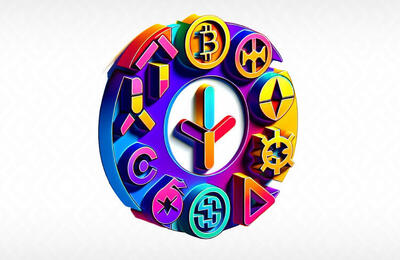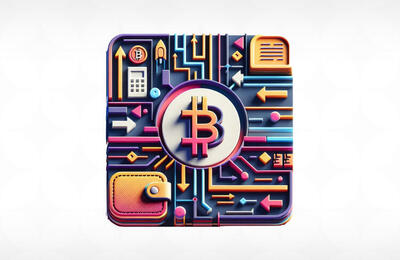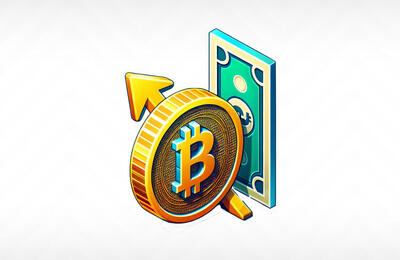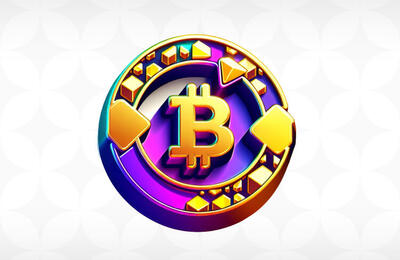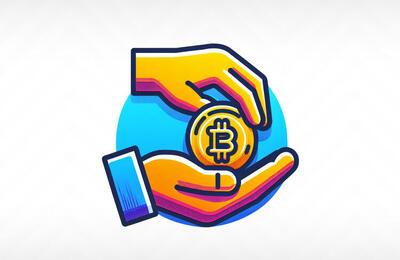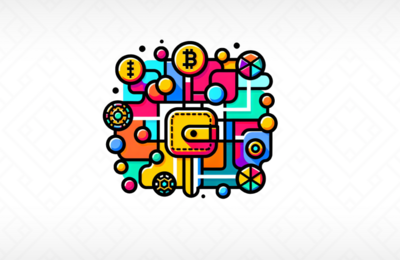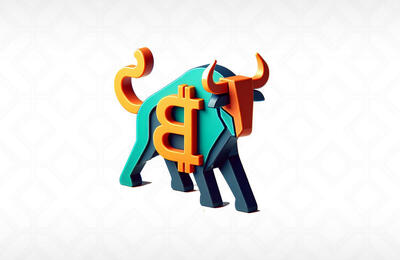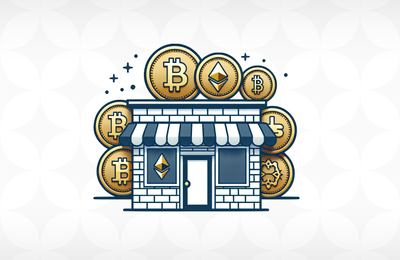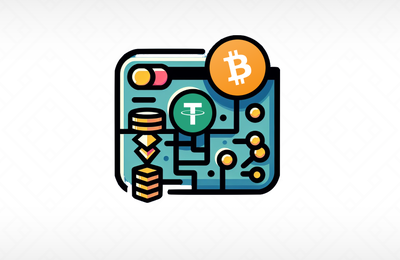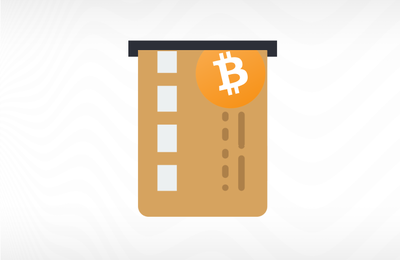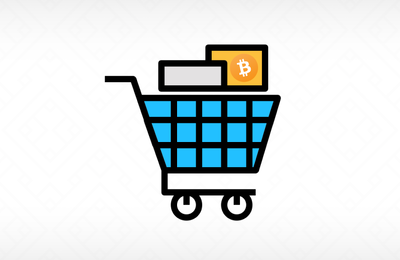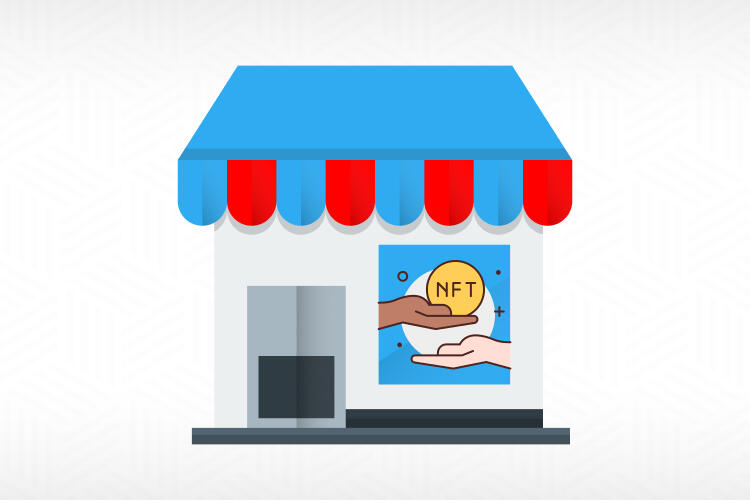
When digital artist Kevin McCoy minted the first nonfungible token (NFT), “Quantum”, which was an octagon that pulsated and changed color, reminding anyone who viewed it of an octopus, he had no idea how big NFTs would later become. This NFT triggered a wave of experiments and Ethereum would become the blockchain of choice for a lot of NFTs.
He also had little idea that in 2021, “Everydays: The First 1000 Days”, an NFT by artist Beeple, would sell at Christie’s auction for a whopping $69 million. This was a record-breaking amount and somewhat made 2021 the year of the NFT. Now many people are looking to find a good NFT marketplace to buy or sell NFTs and reap the rewards from their investment. Below is a guide to NFT marketplaces and a look at how to find themed NFTs in marketplaces.
What is an NFT marketplace?
Understanding what an NFT marketplace is is a fundamental starting point. Basically, it’s a bit like an ecommerce platform, and on it you can buy or sell NFTs. It’s possible to trade NFTs for other NFTs on the platform. NFT marketplaces boast features that still make them distinctive from ecommerce platforms. These include the option to store NFTs, display them and trade them on the marketplace. You can also create NFTs on marketplaces.
Creating an NFT
There are several different steps to follow when it comes to creating an NFT and seeing how the marketplace works. The basic process is as follows:
1. You create an account on the marketplace
2. You link a wallet to the account
3. You create an NFT on the marketplace
4. Configuration of the NFT takes place
5. You list the NFT for selling (you may set a price, or you may auction the NFT)
6. Moderation of the marketplace and the NFT takes place
7. The NFT appears for sale on the marketplace
8. A customer places a bid, if the NFT is on auction
9. The NFT is allocated to the customer or to the successful bidder, depending on the circumstances of the sale
10. The marketplace transfers the NFT to its new owner.
The different types of NFT marketplace
One of the most thrilling things about the world of NFTs is the variety, which means there are lots of different types of marketplaces to explore. The most popular types of marketplaces tend to be universal ones and art-oriented ones, but you’ll also come across niche NFT marketplaces that list specific types of NFTs such as virtual real estate and digital collectible cards. Here are some of the different types of marketplaces you’ll come across:
- Real estate: access to properties that are high end, unique or in demand can be transformed into NFTs
- Collectibles: examples of collectibles include digital game/trade cards, moments converted into clips, trophies of wins and more
- Game characters: it’s possible to transform game characters into NFTs
- Music: NFTs can arise out of individual songs or albums, and then sold on a specialized NFT marketplace
- Investment projects: here, the marketplace operates much like a stock exchange, and users can buy or sell NFTs via this marketplace.
Main features of an NFT marketplace
A good NFT marketplace will have the following features:
- A cryptowallet: this is an important feature as the user must be able to sync their cryptowallet with the marketplace
- A shop window: the marketplace should list all the essential information about the NFT
- A registration process: the user should be able to create an account so they can integrate their cryptowallet
- Search capabilities: users should be able to look for different types of NFTs easily
- User history: account holders should be able to view the details of their transactions and other activity on the marketplace
- Customer service: the marketplace should have a detailed, comprehensive customer support system in place.
Finding themed NFTs in a marketplace
Marketplaces make it easy as possible for buyers to find the themed NFTs they want to buy. One option is to type an option into the search box on the marketplace and choose from the results the website’s search function returns.
That’s if you know exactly what you’re looking for. If you want to browse the different categories or types of NFTs, the marketplace is likely to provide a drop-down menu, or other type of menu, of these on the website. You can then select the category that interests you.
As well as displaying different categories, the marketplace may well display trending NFTs in each category. This is useful if you’re on the lookout for popular NFTs.
The NFT market is an exciting one to get into, but it’s crucial to understand how a marketplace works before you start creating, buying or selling NFTs on them. A solid understanding of NFT marketplaces will then help you make the right decisions.


